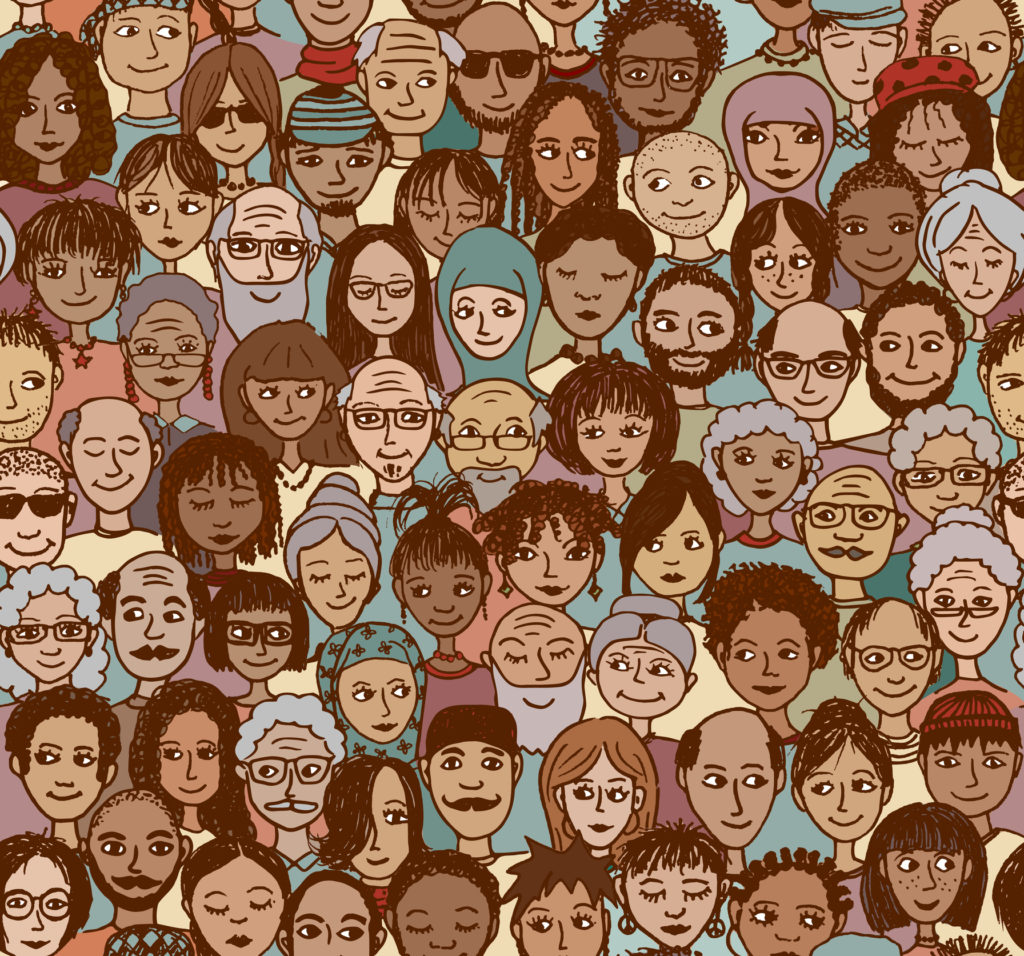Opinion: Community Safety Working Group – Programs For Us Need To Be By Us

Photo: istock
by The Community Safety Working Group
Following the murder of George Floyd, youth-led Black Lives Matter protests, and the request submitted by the Racial Justice Task Force of Amherst, the Town committed to initiating change to make Amherst a more racially equitable community. In December 2020, the Amherst Town Council passed a resolution affirming their commitment to dismantling white supremacy stating: “The Amherst Town Council hereby affirms its commitment to eradicating the effects of systemically racist practices of town government and town-affiliated organizations, and will review and revise its policies, procedures, bylaws, values, goals, and missions through an anti-racism lens to foster an unbiased and inclusive environment that is free of discrimination, harassment, and negative stereotyping toward any person or group.”
In 2020, the Amherst town manager and town council approved the charge of the Community Safety Working Group (CSWG) to pave the way for community equity. Our charge is to (a) make recommendations on alternative ways of providing public safety services to the community and (b) to make recommendations on reforms to the current organizational and oversight structures of the Amherst Police Department. This working group, on which we served, met online an average of 2-4 hours per week since November 18, 2020 to work on delivering thorough reports and recommendations for both parts of our charge.
To fulfill our charge, we hired several consultant groups to gather information useful to supporting the town through community-engaged research and recommendations. Our consultants included the 7 Generations Movement Collective that gathered community input. For an understanding of national trends in the alternatives to community safety, and the complex issues within Amherst policing, we hired the Law Enforcement Action Partnership (LEAP) to take a deeper look into the APD’s policies. Since last November, our group has had to overcome several hurdles including a lack of transparency and bargaining around town manager advisors, the budget process, the consultant process, and having to advocate for a realistic timeline to complete well-thought-out reports to ensure the safety of the Black, Indigenous, People of Color (BIPOC) community members in Amherst.
Although the end of our charge is near, we urge community leaders to view departments and funding that benefit the BIPOC community in larger terms beyond “checked box” or “afterthought” for diversity initiatives. We ask that the community understand the issues that currently and historically plague the BIPOC community and Amherst as a dynamic and growing diverse community. The CSWG was able to gather data, hold community forums, and put together two solid reports that make it clear that the BIPOC community in Amherst is able to provide invaluable information, perspectives, and recommendations that could not come from other bodies or leaders in town.
…before you consider how great a cultural center would be in the library, take a minute and think about the staff, leadership, and intention behind the library. If you recall nothing else about our work, we want you to know and we want to make clear that the BIPOC community in Amherst does not feel safe. Places like town hall, the police department, and even schools are not places BIPOC community members feel at home, so why would another white-dominated space such as the library be a place for a center to serve BIPOC youth or adults?
As we get closer to the November election, we urge town council candidates and current town councilors to remember why the CSWG was formed. We ask that you remember the opportunity that the CSWG provides to Amherst as a whole, which is to give voice to BIPOC peoples and respect the narratives of residents who shared their individual stories of fear, anxiety, and lack of safety. We ask that you read again, and regard our recommendations as valuable to helping create and support a community of diverse residents.
As Malcolm X said, “You’re not to be so blind with patriotism that you can’t face reality. Wrong is wrong, no matter who does it or says it.” Programs, departments, and funding that are designed to serve the BIPOC community should include the BIPOC community from the start, including the proposal, development, and implementation stages. For example, before you consider how great a cultural center would be in the library, take a minute and think about the staff, leadership, and intention behind the library. If you recall nothing else about our work, we want you to know and we want to make clear that the BIPOC community in Amherst does not feel safe. Places like town hall, the police department, and even schools are not places BIPOC community members feel at home, so why would another white-dominated space such as the library be a place for a center to serve BIPOC youth or adults?
If we as a town mean to “affirm our commitment to eradicating the effects of systemically racist practices of town government and town-affiliated organizations” then let us start by supporting those closest to the issues and have a chance to design the space that will best support us. We know every Amherst resident reading this loves Amherst, so let’s amplify the recommendations put forth by the CSWG to ensure the safety and well-being of the BIPOC community. Amherst has a history of white supremacy that we cannot ignore. Let’s move this community forward by letting BIPOC voices guide our work to issues they know and have experienced in town to make Amherst the Amherst we all want it to be.
